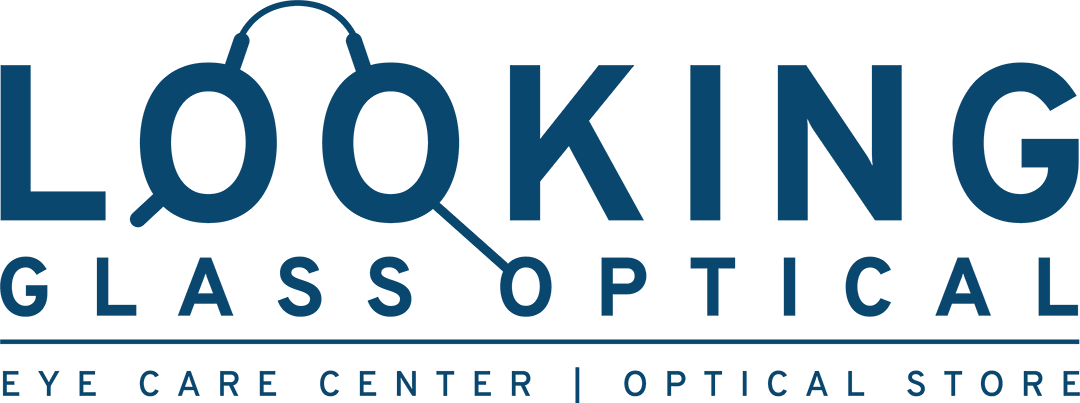Early Warning Signs: The Connection Between Heart Health and Eyes

Your cardiovascular system is definitely a contender as one of the most important systems in your body. Cardiovascular health affects every aspect of your life, but did you know that there’s a clear connection between heart health and eyes? Early warning signs in your eyes could let you know about potential heart issues sooner. Here are some of the top things to watch for!
A Severe Warning Sign: Transient Vision Loss
Heart health and eyes are more connected than you might realize. Your eyes require a lot of oxygen to maintain their function. This oxygen is pumped through the body in your blood.
If your eyes aren’t getting enough oxygen, you might suffer from transient vision loss. This happens because of constriction in your blood vessels. The mechanism involved in this process is very similar to a stroke, so it is a serious cause for concern.
Transient vision loss can happen when you black out or suffer from severe blurring in one or both of your eyes. It can last for a very brief period of time or upwards of an hour. There are many potential causes for transient vision loss, some of which — like heart problems — is incredibly urgent. If you suffer from transient vision loss, seek out medical attention right away.
Heart Health and Eyes: Warning Signs You May See at the Optometrist’s Office
The connection between heart health and eyes can often be found in signs that an optometrist can identify. For this reason, an annual checkup with your eye care center is an important part of maintaining your overall health!
The link between heart health and eyes is a well-researched one. There are several methods of evaluating your heart health during eye exams that are already in place today. Some offices even offer retinal imaging that can help to assess cardiovascular risk factors.
Various heart problems can lead to changes in the blood vessels in your eyes. During an eye exam, your optometrist will have a very clear view of the blood vessels in your retinas. They’ll be able to identify narrowing or swelling that could be an indicator of heart problems. This same swelling can sometimes affect the base of the optic nerve.
Optometrists can also identify cholesterol deposits in the eye. When they are found, they may indicate very high cholesterol levels. This is a serious heart health risk factor. These deposits are often seen as yellow lumps around the corner of the eyes or on the eyelids.
Heart Issues Can Impact Your Eyes
There are many things you can do to protect your eyes, but taking care of your heart is one of the most important.
One of the major heart problems that can lead to visual complications is a stroke. Nearly two-thirds of the people who suffer from a stroke have at least a partial reduction in their visual capacity afterward.
Cholesterol and blood clots can prevent blood flow to the retina, as well, which can ultimately cause blindness.
If you’re concerned about the ways that your heart health could affect your eyes, there are some simple lifestyle changes you can implement to reduce your risk. Improve your diet, exercise regularly and eliminate behaviors like smoking to make sure that both your heart and your eyes stay in good working order for years to come!
Be Proactive About Your Eye Health
Regular eye exams can identify links between your heart health and your eyes. Book your annual eye exam with Looking Glass Optical today to evaluate your vision and optimize your health!
Share
